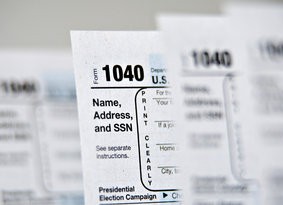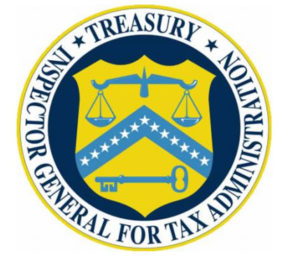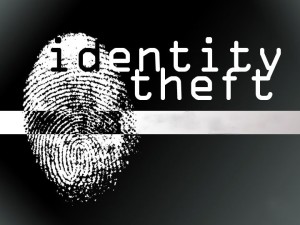Processes Are Not Sufficient to Assist Victims of Employment-Related Identity Theft
Wednesday, September 7th, 2016 @ 5:31PM
August 10, 2016
CFEG reports that the Treasury Inspector General For Tax Administration (TIGTA) issued a report on August 10, 2016 finding that the IRS does not have sufficient procedures in place to timely alert taxpayers when the IRS becomes aware that their identity was stolen.
TIGTA reported that employment-related identity theft occurs when an identity thief uses the identity of an innocent taxpayer to gain employment. Taxpayers may first realize they are a victim of employment-related identity theft when they receive an IRS notice of a discrepancy in the income they reported on their tax return. The identification of the discrepancy is from the IRS’s Automated Underreporter (AUR) Program match of taxpayer income reported on third-party information returns (e.g., Forms W-2, Wage and Income Statement) to amounts reported by taxpayers on their individual income tax returns.
TIGTA audited the IRS to evaluate the IRS’s processes to identify and assist victims of identity theft. TIGTA found that during the period February 2011 to December 2015, the IRS identified almost 1.1 million taxpayers who were victims of employment-related identity theft. TIGTA found that the IRS identifies these victims when it processes electronically filed (e-filed) tax returns in which Individual Taxpayer Identification Number (ITIN) used to file the tax return does not match the SSN listed on third-party income documents associated with the tax return, such as a Form W-2. TIGTA reported that the IRS created the ITIN to provide a Taxpayer Identification Number, when needed for tax purposes, to individuals who do not have and are not eligible to obtain a SSN. TIGTA reported that individuals assigned an ITIN are not entitled to work in the United States.
TIGTA reported that in July 2011 they found that the IRS did not have procedures to notify taxpayers it identifies as victims of employment-related identity theft. In response to TIGTA’s findings the IRS initiated a pilot program in April 2014 called Employment Related Identity Theft Notification Project. As part of this project, the IRS mailed letters to taxpayers notifying them that their SSN was used by another person for employment and described steps the taxpayer could take to prevent further misuse of their personal information. TIGTA found that the IRS did not sufficiently design the pilot program to include a representative sample of employment-related identity theft victims and therefore was unable to identify and address costs, problems and issues associated with implementing a permanent notice of employment-related identity theft issuance process. TIGTA reported that a follow-up pilot was planned by the IRS but cancelled due to a lack of funding and other competing priorities.
In TIGTA’s August 10, 2016 report they recommend that the IRS should develop processes and procedures to notify all individuals identified as victims of employment-related identity theft which includes notifying taxpayers whose identity was stolen prior to January, 2017. The IRS agreed with this recommendation.
To read the full report of TIGTA click here.
Posted by cfegov
Categories: Fraud, Waste and Abuse












